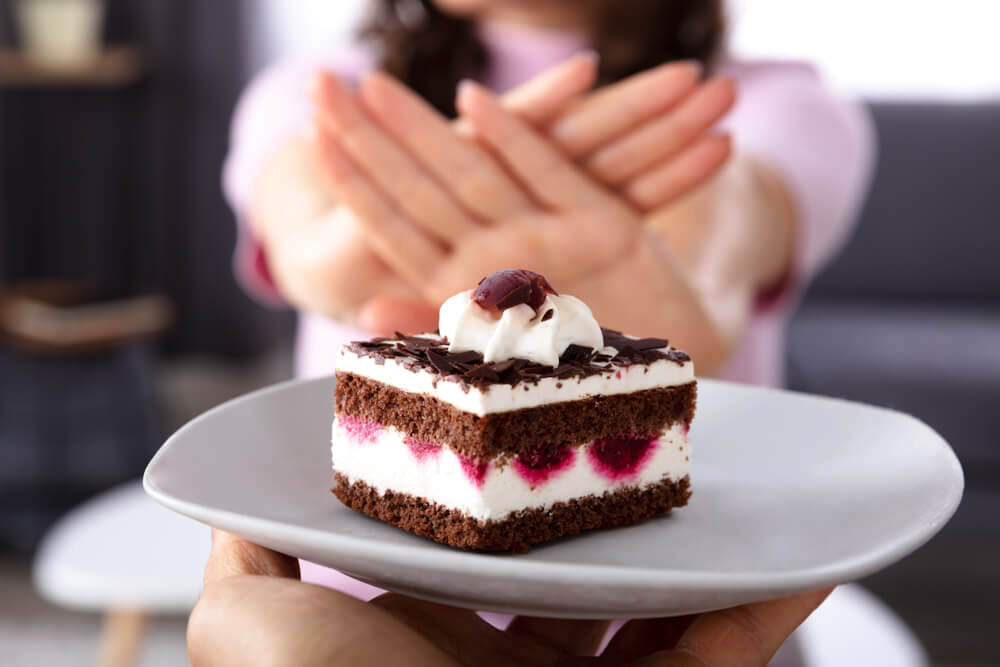Published: January 29, 2021
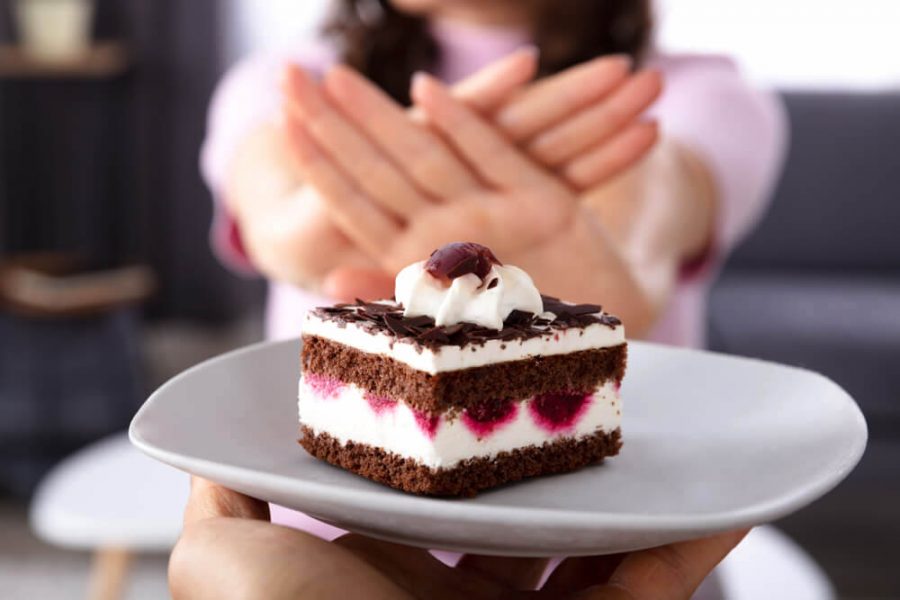
We all know how important a skin care routine is in keeping our skin looking healthy.
But what if we told you that’s not enough?
The thing is, just as the food you eat affects different organs in the body, so does it contribute to your skin’s overall look and feel. After all, isn’t the skin the largest organ in the body?
That means it’s not enough to just take care of your skin’s surface! You have to take care of your skin from the inside, too.
To this end, there are several food products you’d want to think twice about because of the damage they can do to your skin.
In this article, we’ll be walking you through the different foods to stay away from if you want flawless skin.
Let’s begin!
Refined Carbohydrates
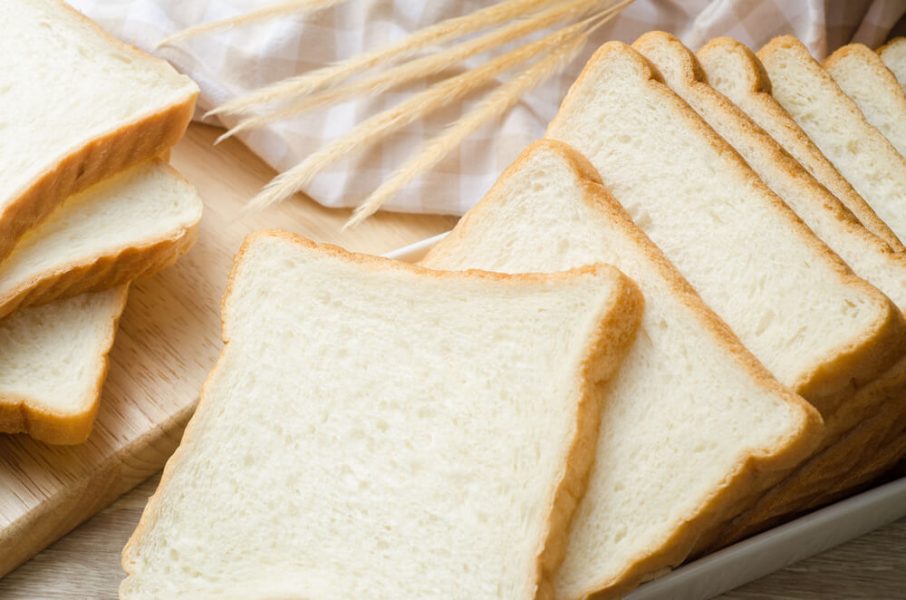
Carbohydrates are essential in any balanced diet, as they are the body’s main source of energy. But, not all carbohydrates were made equal, it seems.
Refined carbohydrates are carbs that have been processed already. This process removes the nutrients in regular carbohydrates, making these refined carbs void of nutrition. In short, they’re simply empty calories.
That means they don’t provide the body with as many vitamins and minerals as regular, unprocessed carbs do. They also provide little energy, and can even cause a spike in blood sugar!
But what does this have to do with the skin, you ask? Well, refined carbohydrates hurt your skin in several ways:
They Feed Your Bad Bacteria
The high sugar content in refined carbs provides food for our gut’s bad bacteria. In time, this can cause your bad bacteria to outnumber your good ones! When there’s an imbalance of bacteria in the body, with bad bacteria being present in more numbers, this manifests in your body in different ways.
And yes, one of those ways is through an acne breakout. This makes sense, as acne is a bacterial condition, after all. But that’s not the only thing that refined sugars can do to your skin.
They Facilitate Oil Production
Unfortunately, too much-refined sugar can cause your body’s oil production to go haywire as well. Eating refined carbohydrates triggers the release of insulin, the hormone that regulates sugar levels in the bloodstream.
Refined carbohydrates are digested by the body at a quick rate. This entails a quicker production of insulin to keep your blood sugar levels at a steady level, too.
But the problem is that a spike in insulin causes the production of more sebum or oil in the body. As we know, oil is the number one culprit behind clogged pores, which forms pimples, whiteheads, and blackheads.
The Age the Skin
Last, but not least, refined carbs facilitate the production of advanced glycation end products—also called AGEs. This happens in a process known as glycation… and this is the enemy of anyone who wants to maintain their youthful skin.
So, what exactly happens during glycation? Simply put, sugar molecules usually attach to the most abundant protein in the body: collagen. Now, once sugar and collagen molecules combine, they form the molecules we know as AGEs. However, AGEs, unlike collagen, do not provide the skin with youthful, healthy skin.
This means that once sugar and collagen glycate, that collagen molecule is lost forever.
And we don’t want that because collagen, as we know, is good for the skin. That’s exactly why skincare companies, such as Bionyx, make it a point to include collagen in their ingredients list.
Too much glycation, therefore, will reduce your body’s collagen levels… ultimately leading to your skin’s premature aging.
Desserts and Sugars
We all crave something sweet after a particularly stressful day. But before you reach for that cupcake, you better think again!
Sweet foods are a no-no because of their ability to break down collagen and elastin in the body. That means older skin and more wrinkles! We also know how sugar can cause inflammations such as acne, and we don’t want that.
The good news, though, is that you have a lot of alternatives to sugar. You can use honey, for instance! That’s even better since it contains a lot of antioxidants which are good for the skin.
For chocolate lovers, there’s still hope! Milk chocolate may be out of bounds, but dark chocolate, which doesn’t contain a lot of artificial sweeteners, is still a good option. It has antioxidants to boost the skin’s health, to boot!

Gluten
Gluten is a protein present in a lot of wheat and whole grain products… yet most people have a sensitivity towards gluten. In some cases, gluten sensitivity manifests as a rash on a person’s skin. Meanwhile, for other people intolerant to gluten, it may cause skin inflammation. Typically, this inflammation shows itself through acne.
Food with a high glycemic index – or high gluten content – are also usually a source of sugar and carbohydrates. As explained earlier, this can cause skin inflammation and even loss of elasticity.
If you’re prone to acne, then, you may want to consider cutting down on gluten-rich products and see how that helps your skin.
Alcohol
Okay, so maybe sweets are a no-go, but surely a glass of margarita wouldn’t hurt… right?
Sadly, it’s a no for alcohol, too!
Alcohol just doesn’t do your skin any good. Alcohol dehydrates the skin, makes your eyes puffier, and with its high sugar content, it can even cause breakouts!
Have you ever felt how dry your face gets in the morning after partying? That’s because alcohol dilates your blood vessels and causes the loss of heat, leading to dehydration. Because your skin can’t maintain its moisture, your skin looks way older. Your lines are more pronounced, and your eyes even get puffier!
Fortunately, you can pop some moisturizer and eye cream to help with these symptoms. There are even products, like eye wands, which help reduce the look of wrinkles and puffiness. Still, it’s way better for your skin to do these treatments without having to deal with the damage caused by alcohol to the skin, right?
What’s more, alcohol usually contains a lot of sugar, too! That means more possibilities of acne and inflammation and even depletion in collagen! Add collagen reduction to extremely dry skin, and you’re sure to get a recipe for aging skin.
Milk and Dairy Products
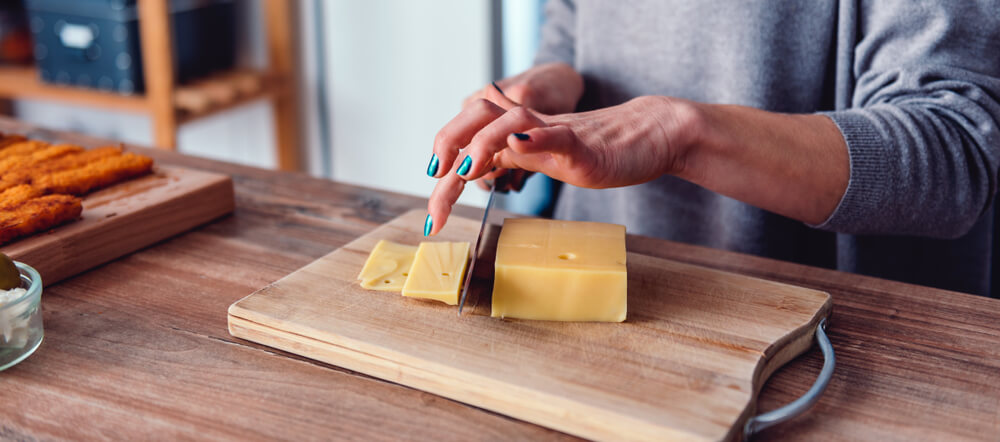
We all love some dairy… but it might be time to say goodbye to your favorite dairy treats. If you want healthy and flawless skin, you ought to avoid dairy products for sure!
After all, milk causes a lot of problems for your skin and complexion.
Studies have often linked milk (and other dairy products) to acne production, and for good reason!
First, it contains precursors to hormones such as testosterone and other androgens. When these precursors influence hormone receptors in the skin, they can trigger the acne production process. The mechanism by which this works is still unclear, however. It is believed that the steroid hormones present in milk, combined with an insulin-like growth factor 1, are what causes this process to occur.
Meanwhile, estrogen present in milk is also linked to hormonal cystic acne.
Secondly, milk has always been known as a pro-inflammatory food. So, if you already have inflammatory problems on the skin, such as acne, you can bet that dairy products will worsen it. This isn’t limited to acne, though! Even other skin issues, like eczema, rashes, or psoriasis, can suffer because of dairy products.
Lastly, we know that some people are lactose intolerant. Most people get sensitive to dairy products… and you know what happens when you constantly ingest something you can’t digest? You may end up having inflammatory responses throughout the body. That includes – you guessed it right! – flare-ups and breakouts, once again!
Coffee
How many of us are reliant on coffee to get our day started? And yet… it seems we have to revisit just how much and how frequently we drink our coffee as well.
We’re familiar with the side effects of drinking coffee. We find ourselves visiting the loo more often because we just drank a cup of coffee to kickstart our day.
That’s because coffee is a known diuretic. But when we’re talking about losing hydration within the body, we also mean that our skin loses its moisture.
The good news is that you just need to make sure you balance this out with your water intake. If you replenish your body’s fluids, you won’t have to worry about your cells losing water and shriveling up. That means you’re safe from fine lines and dry skin. Couple that with a good morning skincare routine, and you’re good to go!
But that’s not everything you need to know about drinking coffee!
Another thing you may want to consider when drinking caffeinated products is how caffeine can induce breakouts. Recent studies have pointed to a rise in cortisol levels due to regular caffeine consumption. Cortisol, a hormone associated with stress, may cause skin inflammation. It’s the same hormone responsible for your breakouts right after a stressful week at work!
Deep-Fried Foods
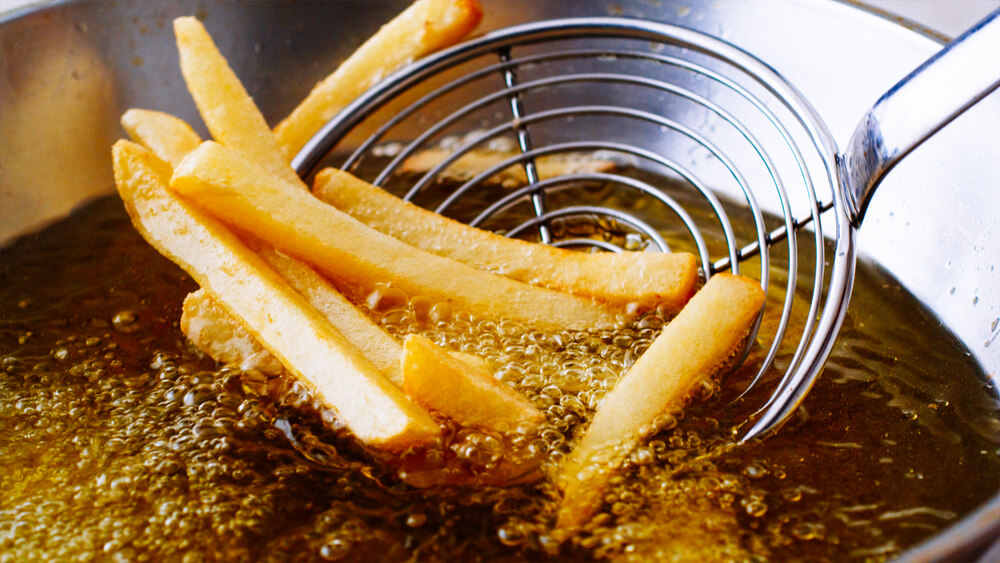
Do you have oily skin that’s prone to having acne? If so, you might need to do a double-take about getting that burger because anything deep-fried isn’t good for your skin.
First off, deep-fried food typically causes the skin to produce more oil than necessary.
In addition, oils used in deep-frying, such as vegetable oil and canola oil, are riddled with trans-fats, which contain omega-6 essential fatty acids.
Now, it’s important to note that on their own, omega-6 fatty acids aren’t exactly bad. They’re a compound needed by your body! However, as with everything else, these fatty acids in excess can be harmful to the body and the skin.
If you have too many omega-6 fatty acids, and yet too few omega-3 fatty acids in your diet, you can expect – yet again! – skin inflammation. Omega-6 is a pro-inflammatory nutrient, much like milk. That means it can aggravate any skin condition you have, which is bad for the skin!
But that’s just the tip of the iceberg. The more pressing concern with consuming deep-fried food is the presence of free radicals in them.
Vegetable oils are highly sensitive to heat—they become oxidative and reactive especially at extremely high temperatures. Now, cooking food – especially fats – in vegetable oil would cause the oil to oxidize, which forms free radicals. Of course, consuming these would mean the release of free radicals in the body as well.
We want to avoid free radicals because they are known to destroy or age cells. Yes, that includes healthy skin cells. So, you can expect your skin to age prematurely because of these free radicals. That means seeing blemishes, wrinkles, and fine lines more easily.
Salty and Processed Foods
Have you ever woken up and noticed that your skin feels a bit puffier and more swollen than usual, even if you didn’t drink alcohol the previous day?
Well, your likely culprit is salty food.
Just like coffee and alcohol, salt in excessive amounts has the potential to dehydrate the skin. Sodium also has the potential for water retention, leading to swelling and puffiness.
The problem is, we use salt as a seasoning for virtually everything! Not to mention, some food products like processed meats innately have high sodium content in them.
When it comes to processed food, we face another issue as well! Sodium nitrates which are typically added to processed foods as preservatives, seem to have the potential to break down collagen and elastin as well. That means less supple skin, leading to premature aging.
Well, there you have it! That’s everything you need to know about what food to stay away from if you want flawless skin. Taking care of the skin, it seems, cannot only be done by applying products on its surface. Instead, you have to remember nourishing it through the food you eat, too!
The skin is a reflection of your inner body’s health. To take care of your skin, you have to check out what food you take in as well! And, for its benefit, that also includes staying away from food that can harm the body’s largest organ.


